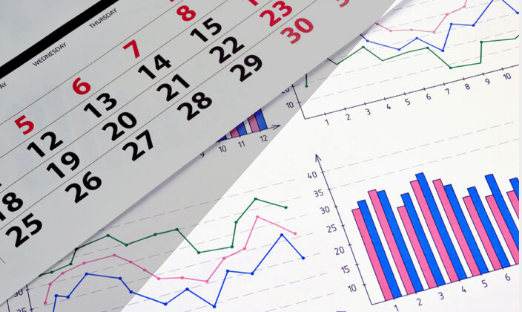Inflation And Prices
There’s been a great deal of talk about inflation recently. Some say that inflation is a temporary, pandemic-induced condition. Others think it’s a permanent fixture of the American economy.
What is inflation? At one point in our history, inflation was an increase in the supply of certificates relative to the supply of wealth (gold/silver) held in deposits. This is when gold and silver served as money. These metals were held in depositories and the owner held a certificate as proof of ownership. Those certificates, in essence, served as money. Depository owners realized they could create more of those certificates relative to the actual amount held in the deposit. That’s inflation in the money sense. Inflation is an increase in the amount of money and credit.

We’ve had a great deal of this money inflation, especially since 2008 and quite so since 2020. What did money inflation do to prices? That’s what people think of when they mention inflation.
Back in the old days, increasing certificate supply resulted in feelings of confidence. People had more money! I have an economic law, in fact, my first law, which says that credit equals confidence. Increasing the certificate supply was increasing credit, which increased confidence. This becomes a continuous feedback loop.
Since assets increase in price, there is the perception of greater wealth. The public feels wealthier since on paper prices are higher. Elected leaders also benefit from the perception of greater wealth. Frequently they credit legislation, policies and spending with increased wealth.
There’s little doubt that financial asset prices are higher since 2008 and quite so since 2020. This aligns with how much money’s been created. Prices for other economic goods, as measured by the Consumer Price Index (CPI) and the Personal Consumption Expenditure (PCE) had not moved proportionally to the increase in money. That’s because money velocity was tepid.
When you hear about inflation, think in terms of money and credit. Consider that prices may or may not increase based on the definition of inflation. While financial asset price inflation is rampant, the public cares less about inflation. When consumer goods are impacted, well that’s another matter entirely!
Disclosure: None.




What inflation does to me is it reduces the buying ability of my money. That means that I must pay more for everything that I purchase. AND it happens that presently I am NOT one of those folks who can simply and easily increase my income and savings.
Inflation is stealing the value of my savings and my earnings, and it happens that I do not like that one bit.